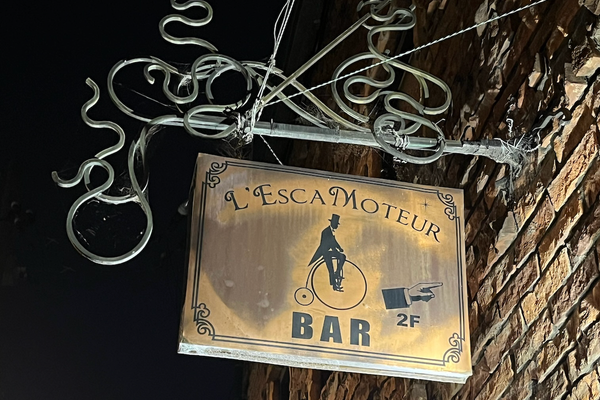FOUND: One Species of Worm With Five Different Mouth Shapes

One worm species, many mouth shapes (Image: MPI f. Entwicklungsbiologie)
On Réunion, a small island in the Indian Ocean east of Madagascar, there are tiny roundworms that live in wild figs. Before the fruit even forms, the worms are transported to the fig flowers by the wasps that pollinate the flowers. Once inside the figs, the roundworms have many options of what to eat—bacteria, yeast, even other roundworms.
This is where it gets weird. These tiny worms can develop one of five different types of mouths, which determines what they will eat.
Classically, these morphological mouth differences would have indicated to scientists that these roundworms were different species. But when scientists at the Max Planck Institute of Developmental Biology, in Germany, looked for genetic differences between them, they found none. All five variations of mouth belong to the same roundworm species, Pristionchus borbonicus.
It’s as if humans had different mouth shapes depending on whether they were vegetarians or meat-eaters.
Bonus finds: Giant sapphire, 16th-century Russian military arsenal
Every day, we highlight one newly lost or found object, curiosity or wonder. Discover something unusual or amazing? Tell us about it! Send your finds to sarah.laskow@atlasobscura.com.
Gastro Obscura covers the world’s most wondrous food and drink.
Sign up for our regular newsletter.


































Follow us on Twitter to get the latest on the world's hidden wonders.
Like us on Facebook to get the latest on the world's hidden wonders.
Follow us on Twitter Like us on Facebook